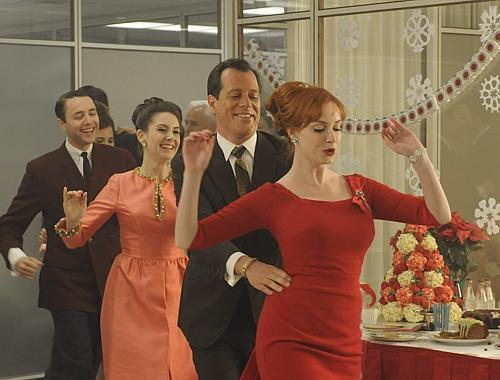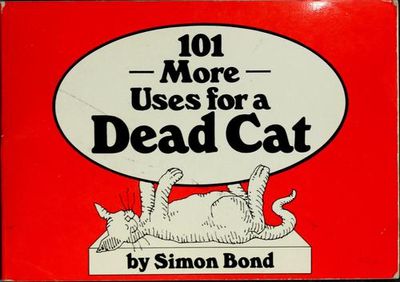Silver Linings?
One of the things that got me started on this was COP26 in Glasgow, hoping against hope that something might come out of it, thinking it’d be interesting to document it as it happened just to look back on how it was covered at the time. I still do want to go back to it when I get a chance, but it was apparant from the very first morning that nothing was going to come of it when the Today programme invited the reporter on the spot to give a flavour of the atmosphere amongst delegates. They replied that there was nothing like the sense of urgency that there was around the 2008 banking crisis.
No more needed to be said for the remainder of the week: faced with an immediate crisis in the banking sector, the powerful of the world had leapt into action (and used a whole mountain of public money, not previously available for anything the public might actually want, to bail out the very people for whom money is reward for the successful management of risk); faced with the last-chance saloon to avert a literal, rather than metaphorical, meltdown the powerful of the world prevaricated about taking responsibility for the calamity they – we – inflicted on the rest of the world and all of our futures. Ironically, the one lesson from the banking crisis – that repackaging and slicing and dicing a very real risk of absolute disaster, then pretending it doesn’t exist, is not clever management after all – didn’t appear to have been learnt. Nature, it turns out, is just as indifferent to people”s willful ignorance as ‘the market’.
The next obvious opportunity to make up for the COP’s failure (because agreeing to talk about it again some other time is a failure) was the post Covid recovery. The lesson taken from the response to Covid was that all sorts of things that would otherwise have seemed unthinkable, were shown to be possible: all we had to do was carry over this new-found sense of possibility to create a better world than the pre-Covid one, and so we had ‘build back better’ or whatever it was; vague attempts to invoke the post-war willingness to do the right thing for most people. These haven’t excactly taken off. Granted, there’s some positive noises, and future deadlines set for the demise of entirely carbon-fuelled vehicles and heating. But take away the greenwashing and it’s pretty apparent that it’s more or less business as usual, with a return to ‘growth’ and paying off the fiscal hole left by Covid the priority.
Then along comes Vlad and, to his credit, the human dynamo that is Zelenskiy, and what happens? The world springs into action like it’s a banking crisis (which it may well turn out to be as well as everything else), and all sorts of things are suddenly possible; green things. Things that would have been laughed off the COP table, things that would have had Mail readers incandescent with self-righteous fury; things that – gasp – might effect the economy; things that have been ‘impossible’ for years like, oh, establishing who actually owns property and:
Deciding to stop buying Russian gas and oil AND actually accepting that this will make petrol really expensive and make gas even more expensive and the price of things will go up so we may have to not buy as many of them. And the good folk of BP and Shell can divest from Russia even if it hurts them, and Europe can get its act together and do the right thing and even remember that some things really are worth contesting even if that means you might have to stop suckling on the teat of corruption, luractive consultancies, lobbying and outright nepotism.
Yes, this will hit many ordinary people hard. No, nothing like as hard as it is hitting those in Ukraine. Yes, I’m sure BP will find a way of still making money out of it (not least because the rising price of oil will offset any Russia-related losses, and perhaps they might get the green light to give the North Sea one last go), yes, none of this applies to Saudi oil, or shale gas ete etc, yes, yes. But: isn’t this phenomenal?



